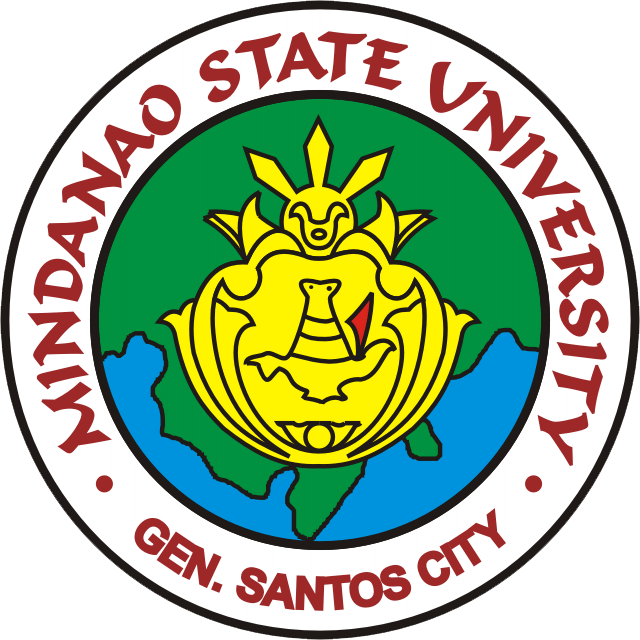This qualitative study describes violations on conversational maxims in Philippine court proceedings. Two transcripts of criminal cases from the Regional Trial Court, Branch 59 of General Santos City, Philippines were used as corpora in this study. It was found that the four maxims of conversation - quantity, quality, relation, and manner are violated during court trials. Violations of maxim on quantity occur when witnesses provide more than enough information and not enough information to answer questions. Violations of maxim on quality, on the other hand, occur when witnesses provide hearsay or use words/phrases that indicate uncertainty such as I think, maybe, and perhaps. Maxim on relation is violated when witnesses provide irrelevant answers to questions. Violations of the maxim of manner occur when witnesses respond vaguely or have their answers stated in a long-drawn-out way. The findings of this study show that violations of cooperative maxim in conversation cause the message conveyed to be misleading and this results in further court discussion and long drawn cross-examination. Violating a maxim suggests that the conversation participants are careless and sloppy thus they can be understood as troubled, baffled and confused.
Author
KIA JANE P. LLAMAS
Abstract
SY
2021
Program
Bachelor of Arts in English
Department
Department: English
College
College: Social Sciences and Humanities
